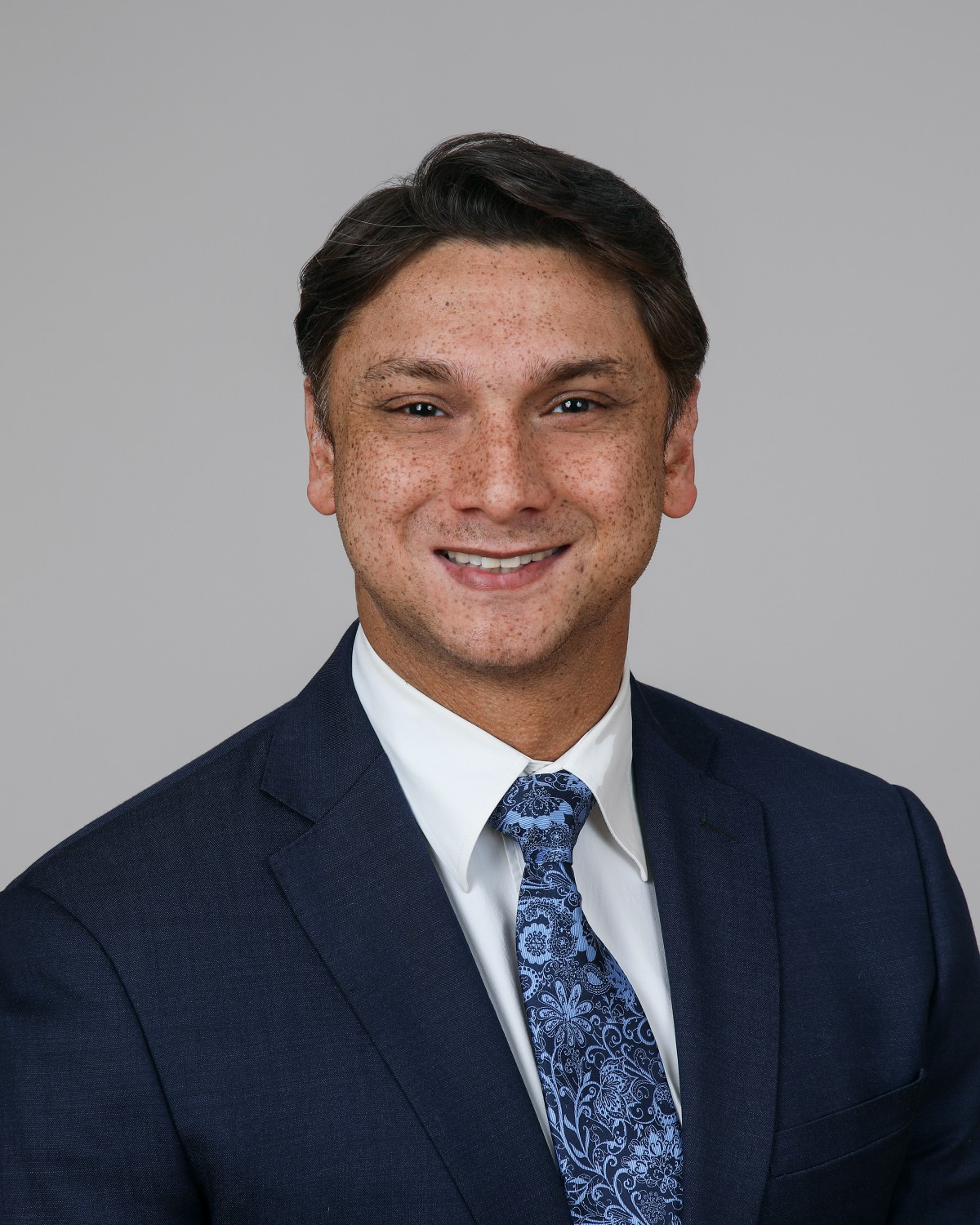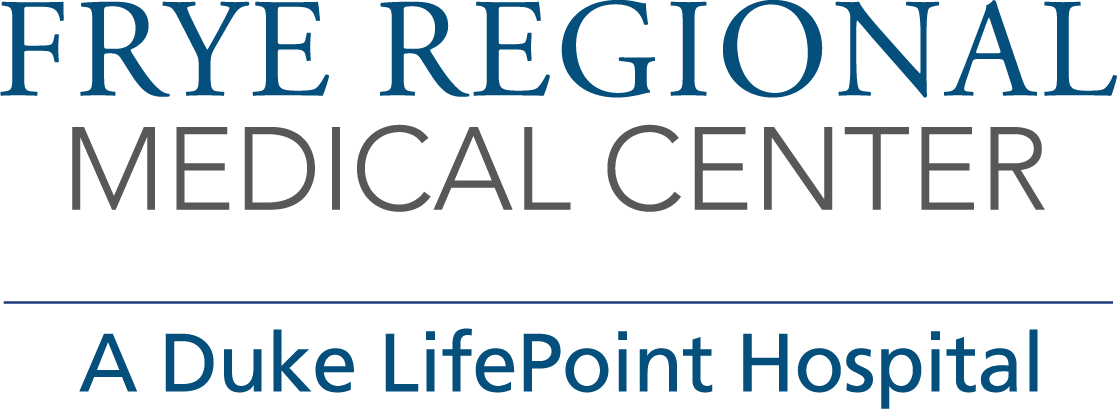Patient Successfully Implanted with Frye Regional Medical Center’s 100th Left Atrial Appendage Closure Device
September 6, 2023

HICKORY, NC (September 6, 2023) – The Frye Regional Heart Center at Frye Reginal Medical Center recently celebrated its 100th implant of the latest-generation left atrial appendage closure device for patients with atrial fibrillation (AFib). Ankur Tiwari, MD, a board-certified internist, cardiologist and clinical cardiac electrophysiologist with Frye Regional Medical Center, performed the procedure on September 6.
Frye Regional Heart Center first began providing patients with AFib this alternative to long-term blood thinners last summer. The one-time procedure reduces the risk of stroke in people with AFib not caused by a heart valve problem.
“I’m extremely pleased that we have been able to safely and effectively provide this service to our friends and neighbors.” Dr. Tiwari said. “This procedure is a testament to the higher level of cardiovascular care that we offer our patients. It's an excellent example of the innovative technology and treatments available here, and on the horizon at the Frye Regional Heart Center.”
An estimated seven million Americans are affected by atrial fibrillation – an irregular heartbeat that can cause many symptoms, such as a feeling of a quivering heart, general fatigue, dizziness, passing out, shortness of breath, weakness, sweating and chest pain. Strokes are the most common complication of untreated AFib, and patients may also suffer from heart failure.
According to the American Heart Association, people with atrial fibrillation have a five times greater risk of stroke than those with normal heart rhythms. Further, AFib-related strokes are more frequently fatal or disabling. The most common treatment to reduce stroke risk in patients with AFib is blood-thinning medication, such as warfarin and the newer anticoagulants.
“Unfortunately, these medications are not right for everyone,” Dr. Tiwari said. “This may be due to the increased risk of bleeding, difficulty with medication adherence, high cost, past bleeding, low blood counts, other medical issues, or just lifestyle concerns while on these medications.”
According to Dr. Tiwari, the device works by closing off an area of the heart called the left atrial appendage, or LLA, to keep harmful blood clots from entering the bloodstream and potentially causing a stroke. By sealing the LAA, the risk of stroke caused by AFib is reduced, and patients can stop taking blood thinners.
The left atrial appendage closure device has been implanted in more than 200,000 patients worldwide and is done in a one-time procedure. It’s a permanent device that doesn’t have to be replaced and can’t be seen outside the body.
Frye Regional Heart Center, a Duke Health heart affiliate, is backed by the resources of the Duke Heart Center. Frye Regional has access to Duke training and staff education, evidence-based guidelines, and practices when it comes to heart and heart-related issues.
“Successfully implanting 100 left atrial appendage closure devices in one year is an impressive accomplishment for our heart team and evidence of Dr. Tiwari’s proficiency and dedication to transforming the lives of those diagnosed with AFib,” said Philip Greene, MD, chief executive officer of Frye Regional Medical Center. “This technology has the potential to be lifesaving and lifechanging for a broad range of patients in our community going forward – and I can’t think of a better reason to celebrate this milestone achievement.”
For more information or a referral to a heart specialist, call 828-315-3391 or visit MyFryeRegional.com.
